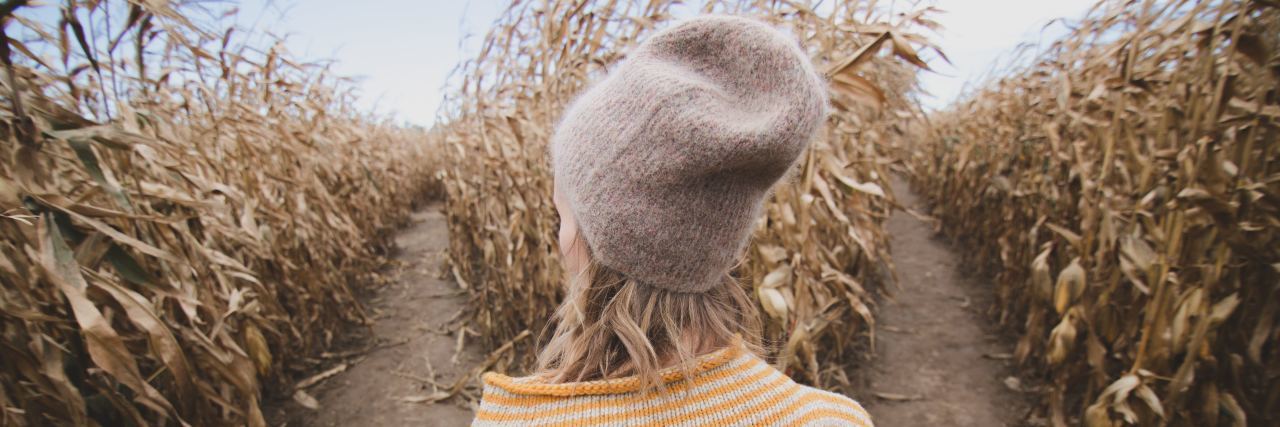It was my district nurse manager who first impressed upon me the importance of saying “I don’t know.” She was just the kind of woman you want nursing your loved one: kind and knowledgeable, with meticulous attention to detail and the tenacity of a pitbull.
As a recently qualified nurse I was overly keen and overly confident. Her insistence that I call her with questions every 10 minutes if that’s what I needed eroded my idea that admitting to not knowing made me look bad.
Actually, “reflecting in action” (as it was termed in university), or recognizing uncertainty in my practice and taking extra time to check was the best way to learn. Yes, I remember the embarrassment when a few grumpy old souls complained they didn’t want the new girl, but those phone calls led to best patient care — which was the point.
It’s not newbies that need this lesson the most, it’s just as relevant to practitioners that are highly experienced. It’s not the norm in our medical system for experienced practitioners to feel able to say when they don’t know, or even for us as patients to recognize that they may not know.
Illness, disease and old age are often such unattractive and frightening subjects it’s understandable that we want a quick resolution or else we want to ignore the situation completely. But those of us who are trained in healthcare or have been frustrated by life altering symptoms often recognize the limits of what medicine can do and are forced to question how much or how little is fully understood about the body.
I’m not talking about charlatans who make false claims, nor am I writing here about the limits of Western medicine. I am making the observation that firstly, some patients are not able to or do not take the time to become experts in their bodies and secondly, healthcare professionals often make educated guesses or diagnoses limited by their training.
The saying “when you hear hoofbeats, think horses, not zebras” is used in training to encourage medics to think of common illnesses first, hopefully leading them to a diagnosis quickly and correctly. But it isn’t foolproof. Whether the barrier to saying “I don’t know” is expedience, error, ignorance or ego, the repercussions of acting on an erroneous best guess can be life-changing.
I have recently squirmed in my seat hearing how a friend felt stuck on long-term anti-depressants due to an understandable and natural grief following a bereavement. The doctor had failed to ask her why she was feeling “depressed.”
I have a disturbing number of friends who railroaded their life plans to set up a family quickly after being told their irregular periods were almost certainly due to polycystic ovaries, making it near impossible to conceive (spoiler alert — they all did).
In many cases well-meaning practitioners fulfill their social contract by producing a diagnosis with such certainty that it would never occur to most patients to question it.
I recently had to negotiate the medical system after my symptoms were dismissed as somatic by a GP, diagnosed as nutritional by a nutritionist and neurological by a neurologist. Fortunately, I have the temperament and background to be able to pick apart and critically analyze a diagnosis. I got there in the end by the way (it turns out I’m a zebra) but I would have got there quicker and without the stress of having to respectfully disagree with specialists if more healthcare professionals had seen the value in saying when they didn’t know.
The best, most competent and usually confident professionals will say “at the moment we just don’t know, but I will do my best to find out.” For it is when you know how much you don’t know that you can truly call yourself an expert.
Photo by Burst on Unsplash

